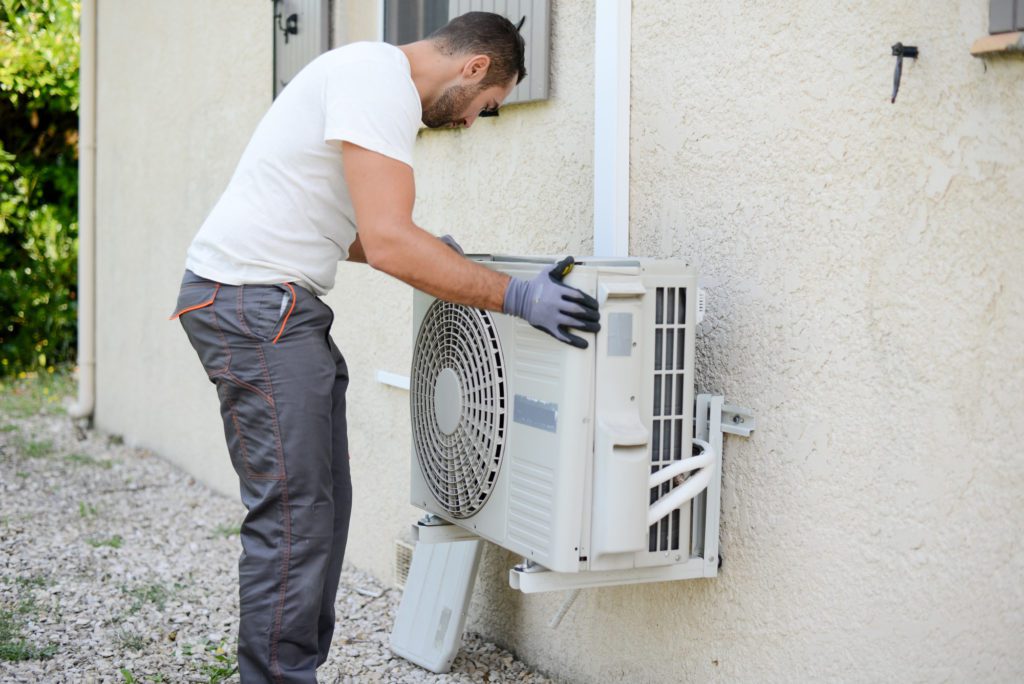
How to Find High-Quality HVAC Units Without Breaking the Bank
Investing in a high-quality HVAC (Heating, Ventilation, and Air Conditioning) unit is essential for maintaining a comfortable home environment. However, finding a unit that combines quality and affordability can be a daunting task. In this comprehensive guide, we’ll explore how to find high-quality HVAC units without breaking the bank, including considerations for HVAC replacement services, costs, and the role of professional HVAC technicians in helping you make the best decision.
Understanding HVAC Systems
Before diving into how to find an affordable yet high-quality HVAC unit, it’s important to understand the basic components and functions of HVAC systems. HVAC systems are designed to regulate indoor temperature, humidity, and air quality. The main components include:
- Heating Unit: Typically a furnace or heat pump, which provides warmth during colder months.
- Ventilation: Ensures proper air circulation and maintains indoor air quality.
- Air Conditioning: Cools the indoor environment during warmer months.
Assessing Your HVAC Needs
The first step in finding the right HVAC unit is to assess your specific needs. This involves considering factors such as the size of your home, local climate, and energy efficiency requirements.
Home Size and Layout
The size and layout of your home significantly influence the type of HVAC system you need. A unit that’s too small will struggle to maintain a comfortable temperature, while an oversized unit can lead to inefficiency and higher energy costs.
Tips:
- Conduct a load calculation to determine the appropriate size of the HVAC unit. This can be done using Manual J calculation software or by consulting with a professional HVAC technician.
- Consider the number of rooms, ceiling height, and insulation levels.
Climate Considerations
Your local climate plays a crucial role in selecting an HVAC system. For example, homes in colder regions may prioritize efficient heating systems, while those in warmer areas need effective cooling solutions.
Tips:
- Research the seasonal energy efficiency ratio (SEER) for air conditioners and the annual fuel utilization efficiency (AFUE) for furnaces.
- Look for HVAC units with appropriate ratings for your climate.
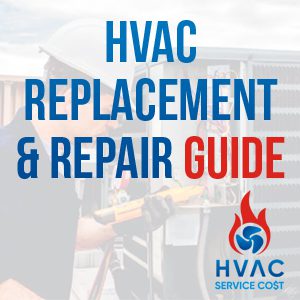
Energy Efficiency
Energy-efficient HVAC units can significantly reduce your utility bills and environmental footprint. Look for units with high SEER, AFUE, or heating seasonal performance factor (HSPF) ratings.
Tips:
- Consider units with the ENERGY STAR label, which indicates they meet strict energy efficiency guidelines set by the U.S. Environmental Protection Agency.
- Factor in the long-term savings on energy bills when evaluating the cost of an HVAC unit.
Finding Affordable HVAC Units
Now that you understand your HVAC needs, let’s explore how to find high-quality units that fit within your budget.
Research and Compare Brands
Researching and comparing different HVAC brands is crucial for finding a high-quality unit at an affordable price. Some reputable brands offer budget-friendly models without compromising on quality.
Tips:
- Read online reviews and customer testimonials to gauge the reliability and performance of different brands.
- Compare the features, warranties, and prices of units from multiple manufacturers.
Look for Sales and Discounts
HVAC units can be expensive, but you can often find deals and discounts that make them more affordable.
Tips:
- Shop during off-peak seasons, such as late winter or early spring, when demand is lower and prices may be discounted.
- Check for manufacturer rebates, promotions, and financing options that can reduce the upfront cost.
Consider Used or Refurbished Units
While new HVAC units are preferable, used or refurbished units can be a cost-effective alternative. Ensure that any used unit is thoroughly inspected and certified by a professional.
Tips:
- Purchase from reputable dealers who offer warranties on used or refurbished units.
- Have a professional technician inspect the unit before installation to ensure it meets your needs and is in good working condition.
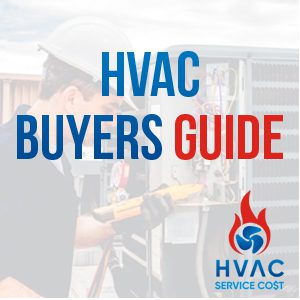
Opt for Basic Models
High-end HVAC units come with advanced features that may not be necessary for your home. Basic models often provide reliable performance at a lower cost.
Tips:
- Evaluate which features are essential for your needs and which ones you can do without.
- Focus on units that offer good energy efficiency and durability without unnecessary bells and whistles.
Understanding HVAC Replacement Services
If your existing HVAC system is old, inefficient, or frequently breaks down, it might be time for a replacement. Understanding the process and costs associated with HVAC replacement services can help you make an informed decision.
Signs You Need HVAC Replacement
There are several indicators that it may be time to replace your HVAC system:
- Age: Most HVAC systems have a lifespan of 10-15 years. If your unit is older, it may be less efficient and more prone to breakdowns.
- Frequent Repairs: Constant repairs can add up and may indicate that it’s more cost-effective to replace the unit.
- Rising Energy Bills: An inefficient system will use more energy, leading to higher utility bills.
- Inconsistent Temperatures: Difficulty maintaining a consistent temperature throughout your home can signal that your HVAC system is failing.
Cost of HVAC Replacement
The cost of replacing an HVAC system can vary widely based on factors such as the type of system, the size of your home, and the complexity of the installation. On average, homeowners can expect to spend between $4,000 and $10,000 for a complete replacement.
Factors Influencing Cost:
- Type of System: Central air systems, heat pumps, and ductless mini-splits have different price ranges.
- Size and Capacity: Larger homes require larger, more powerful units, which can be more expensive.
- Installation Complexity: Factors such as ductwork modifications, electrical upgrades, and accessibility can impact labor costs.
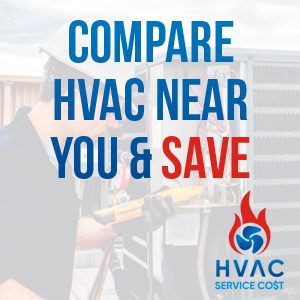
Role of Professional HVAC Technicians
Hiring a professional HVAC technician is crucial for ensuring that you select the right unit and that it is installed correctly. Professional technicians bring expertise and experience that can help you avoid costly mistakes and ensure optimal performance.
How a Professional Can Help
- Accurate Load Calculation: Technicians can perform precise load calculations to determine the correct size and capacity of the HVAC unit for your home.
- Expert Recommendations: Based on your specific needs and budget, a professional can recommend the best brands and models.
- Proper Installation: Professional installation ensures that the unit operates efficiently and reliably, minimizing the risk of future issues.
- Maintenance and Support: Many HVAC companies offer maintenance plans and support services to keep your system running smoothly.
Choosing the Right HVAC Technician
Selecting a qualified HVAC technician is essential for a successful installation. Here are some tips for finding the right professional:
- Licensing and Certification: Ensure that the technician is licensed and certified to perform HVAC work in your area.
- Experience and Reputation: Look for technicians with extensive experience and positive reviews from previous customers.
- Written Estimates: Obtain written estimates from multiple technicians to compare pricing and services.
- Warranty and Guarantees: Choose a technician who offers warranties on their work and guarantees satisfaction.
Tips for Maintaining Your HVAC System
Once you have selected and installed your high-quality HVAC unit, proper maintenance is key to ensuring its longevity and performance. Here are some tips for maintaining your HVAC system:
Regular Inspections and Tune-Ups
Schedule regular inspections and tune-ups with a professional HVAC technician. This helps identify and address potential issues before they become major problems.
Change Air Filters
Replace air filters regularly to maintain good air quality and ensure efficient operation. Depending on the type of filter and usage, this should be done every 1-3 months.
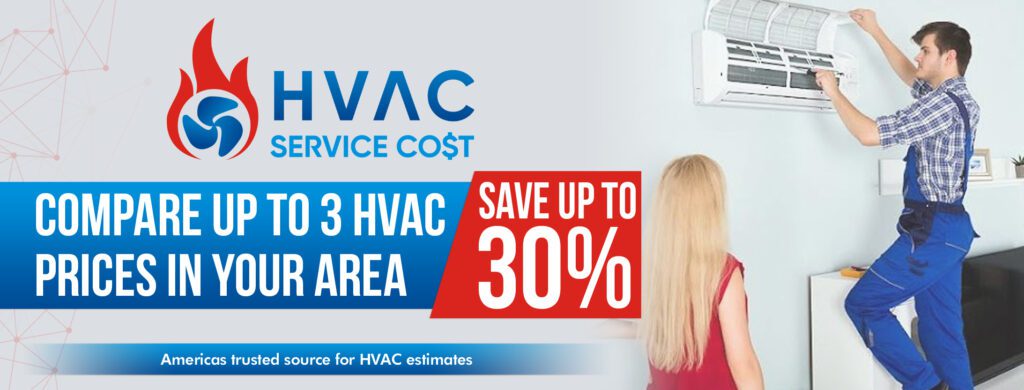
Clean Ductwork
Dirty or clogged ductwork can reduce efficiency and air quality. Have your ducts cleaned periodically to remove dust, debris, and allergens.
Monitor Thermostat Settings
Use programmable thermostats to optimize energy usage. Set the temperature lower when you’re away and higher when you’re home to reduce energy consumption.
Keep Outdoor Units Clear
Ensure that outdoor units are free from debris, vegetation, and obstructions. This allows for proper airflow and efficient operation.
Finding a high-quality HVAC unit without breaking the bank involves understanding your specific needs, researching options, and leveraging the expertise of professional HVAC technicians. By assessing your home’s requirements, considering various brands and models, and understanding the costs and benefits of replacement services, you can make an informed decision that balances quality and affordability.




Leave a Reply